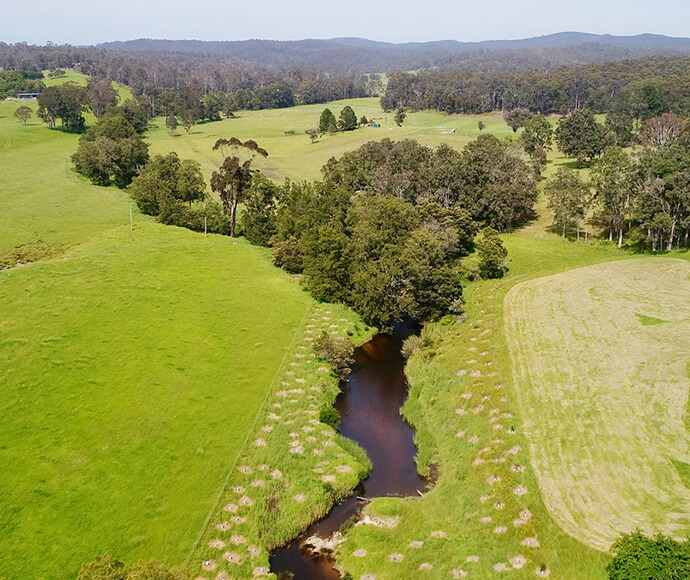Natural capital is the term we give to our environmental assets, the services they provide and how they support our society. It is similar to other forms of capital such as financial, man-made assets, people, and social capital, all of which can produce economic outputs.
Natural capital is the world’s stock of natural assets and includes:
- rocks, minerals and soil
- our streams, rivers and oceans
- the air
- plants, animals and all living things (biodiversity).
From these natural assets, we derive services – known as ‘ecosystem services’ – which are vital to our health, livelihoods and future. The water we drink, the air we breathe, our land for food production, and forests that help regulate climate and defend against floods are just some examples.
A strong economy needs a healthy environment
Previously, some have thought of nature as free-of-charge – and this has led to it being slowly degraded over time.
With financial capital, we know that spending too much money accrues debt, which we need to pay back. It’s the same with nature. If we draw down too much stock from our natural assets, we run up a debt which needs to be paid back by replanting forests, rehabilitating waterways or conserving biodiversity. Drawing down on nature without allowing recovery runs the risk of ecosystem collapse, which has compounding economic impacts.
We don’t want to just halt environmental decline, we want to reverse it. Recognising nature as an asset provides a cornerstone for the state’s economy which our people, business, finance and primary industries can benefit from.
Around the world, things are changing
Globally, people are waking up to the value of nature and its relationship with the economy.
According to the World Economic Forum more than 50% of global gross domestic product is dependent on nature. It ranks ‘biodiversity loss and ecosystem collapse’ as one of the top 3 most likely and impactful risks humanity will face in the next 10 years. It describes this as: ‘Irreversible consequences for the environment, humankind, and economic activity, and a permanent destruction of natural capital, as a result of species extinction and/or reduction’ in its Global Risks Report 2022.
Similarly, the UK Government’s found nature is a ‘blind spot’ in economics. It stated: ‘we can no longer afford for it [nature] to be absent from accounting systems that dictate our national finances or ignored by economic decision makers’ in its commissioned review on the economics of biodiversity – the Dasgupta Review 2021.
Financial markets have started to connect the climate and nature-related risk agendas. Leading financiers are integrating nature-related risks and opportunities in their approaches to sustainable investing, lending and underwriting practices.
Internationally, an initiative called Taskforce on Nature-related Financial Disclosures released a framework in September 2023 to enable financial institutions to assess, manage and report on their dependencies and impacts on nature. The NSW Government was one of the first government members of this taskforce. Natural capital considerations have taken off in more than 30 countries, with organisations such as The World Bank looking to transform how we view and value nature.
Momentum is growing to ‘mainstream biodiversity’ in government policy. The UN Convention on Biological Diversity developed the Strategic Plan for Biodiversity 2011–2020, which has 20 Aichi Biodiversity targets, with target no. 2 aiming to ‘mainstream biodiversity in policy decision-making and national economic accounts’.

More information
- Global Risks Report 2022opens a new window
- Dasgupta Review 2021opens a new window
- Primary industries productivity and abatementopens a new window
- Biodiversity Offsets Scheme
- Biodiversity Credits Supply Fund
- Net Zero Plan Stage 1: 2020-2030opens a new window
- Net zero industry and innovationopens a new window
- NSW Blue Carbon Strategy 2022–27